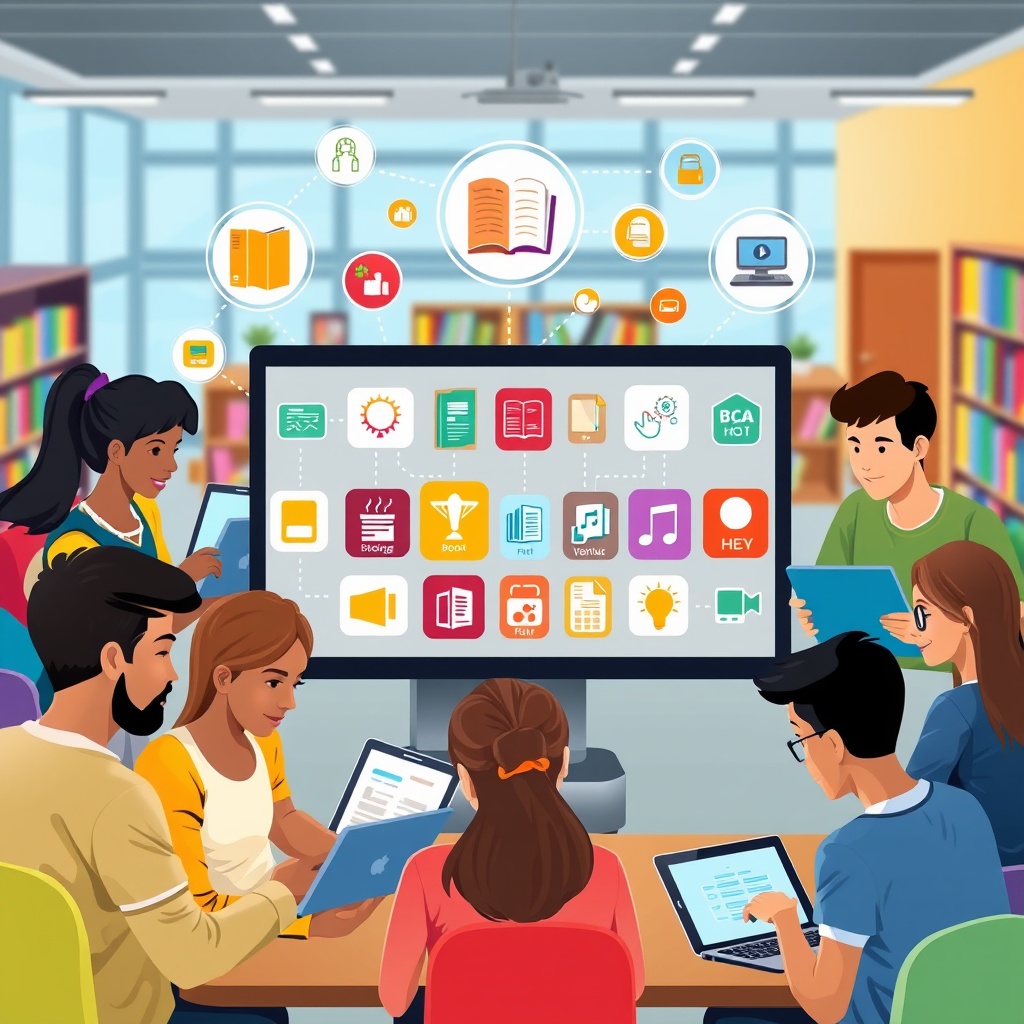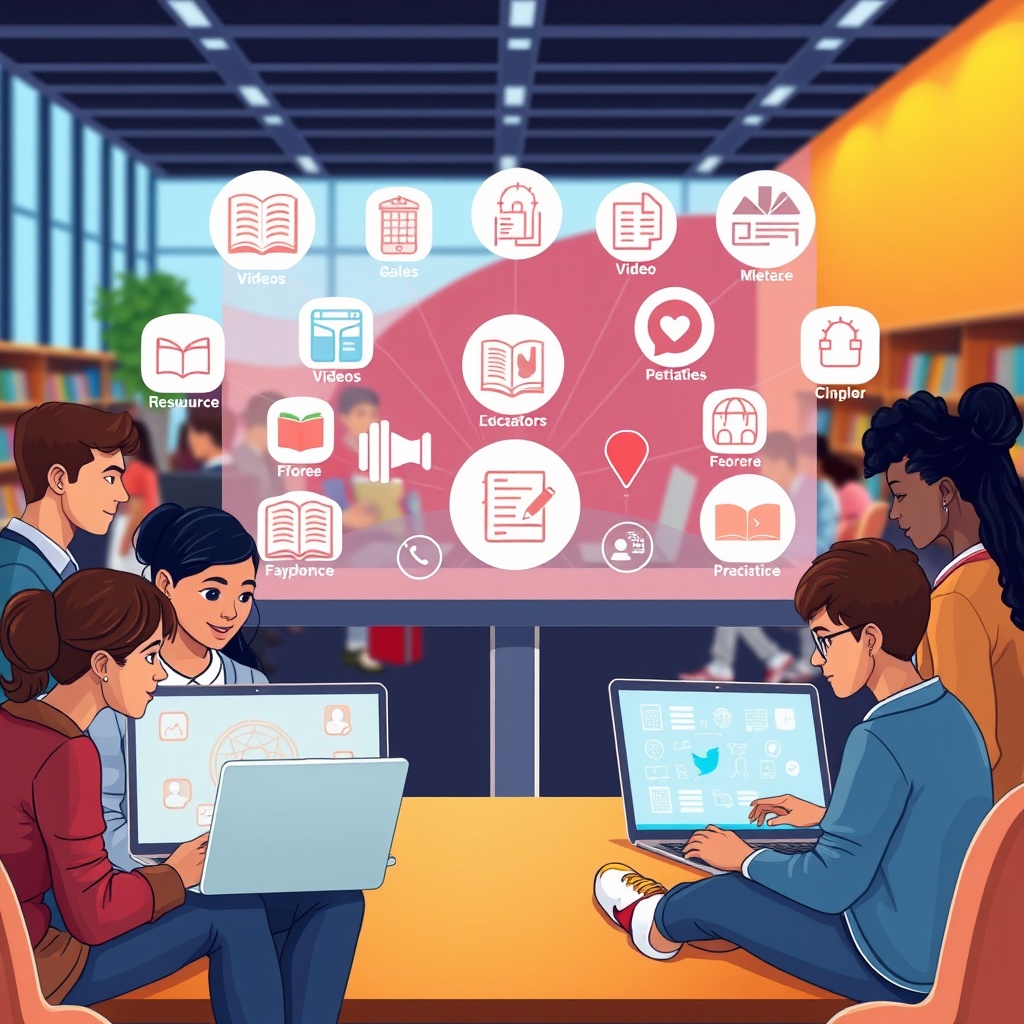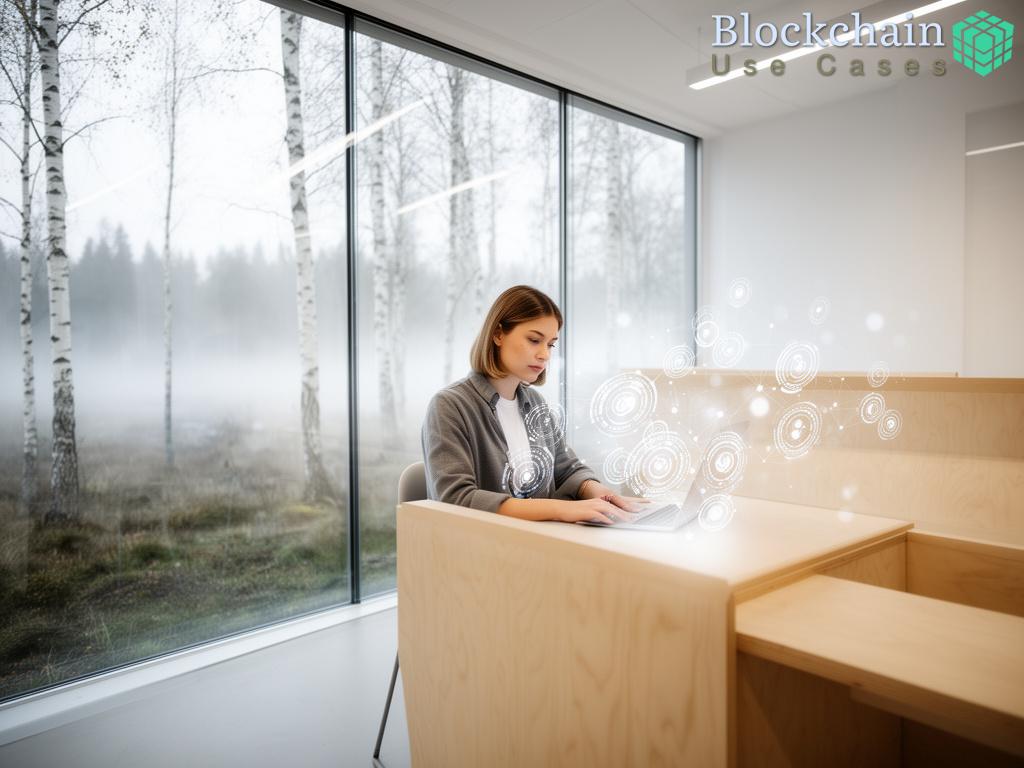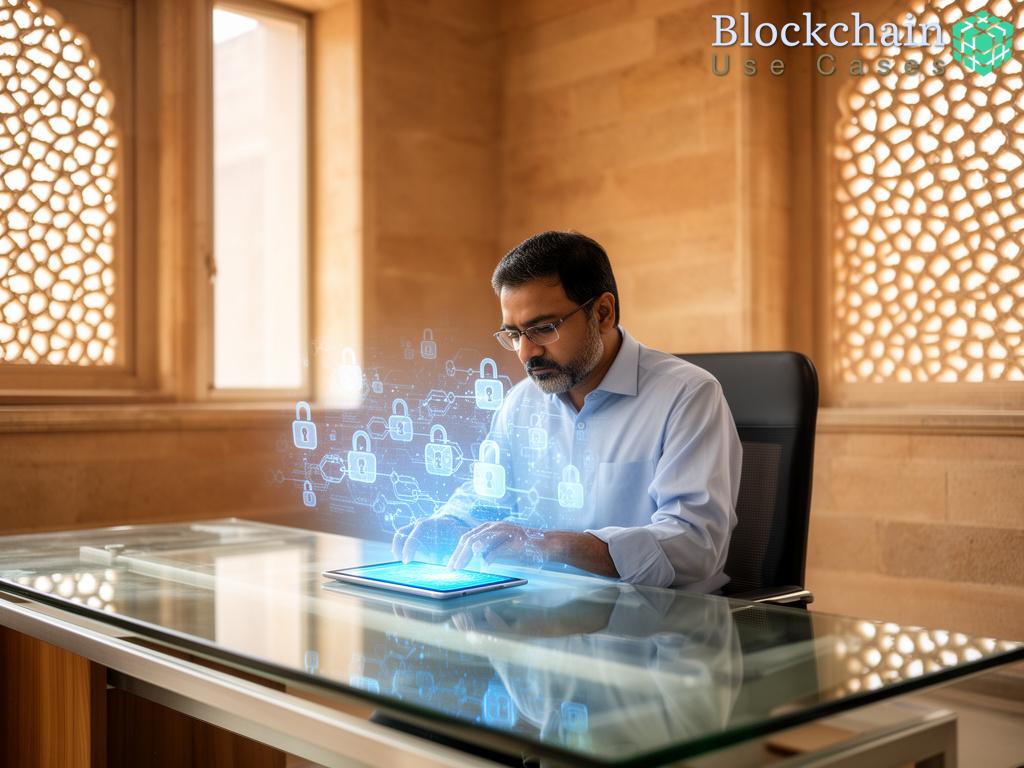Unlocking the Power of Decentralization

The advent of decentralized technologies has ushered in a new era for resource sharing among educational institutions. Traditionally, academic collaborations have been hindered by bureaucratic processes and geographical constraints. However, decentralized platforms provide an innovative solution, enabling institutions to share educational resources seamlessly and efficiently. This paradigm shift not only enhances access to knowledge but also fosters a collaborative spirit among educators and students alike.
Key Features of Decentralized Educational Platforms
As educational institutions increasingly adopt decentralized platforms, it is critical to understand the features that set these systems apart. Below is a summary of the primary attributes that make decentralized educational resource sharing not just viable, but advantageous.
- Transparency: Decentralized platforms operate on blockchain technology, ensuring that all transactions and resource exchanges are transparent and verifiable.
- Interoperability: These platforms can easily integrate with various systems and tools already in use, allowing for a smooth transition and user experience.
- Equitable Access: By removing central authorities, decentralized platforms promote equitable access to resources, enabling institutions of all sizes to benefit.
- Enhanced Collaboration: Institutions can collaborate on projects, share research, and co-develop curricula without the limitations of traditional systems.
- Cost Efficiency: With reduced administrative overhead and streamlined processes, institutions can save time and resources, ultimately benefiting students.
Examining the Future of Educational Resource Sharing
The implications of decentralized platforms extend far beyond mere resource sharing. As we look toward the future, the potential for innovation in educational practices is immense. Institutions that embrace these technologies can expect to see advancements in personalized learning, global collaboration, and even the integration of artificial intelligence to tailor educational experiences. This holistic approach not only enriches the educational landscape but also prepares students for a world that increasingly values adaptability and collaborative problem-solving.





